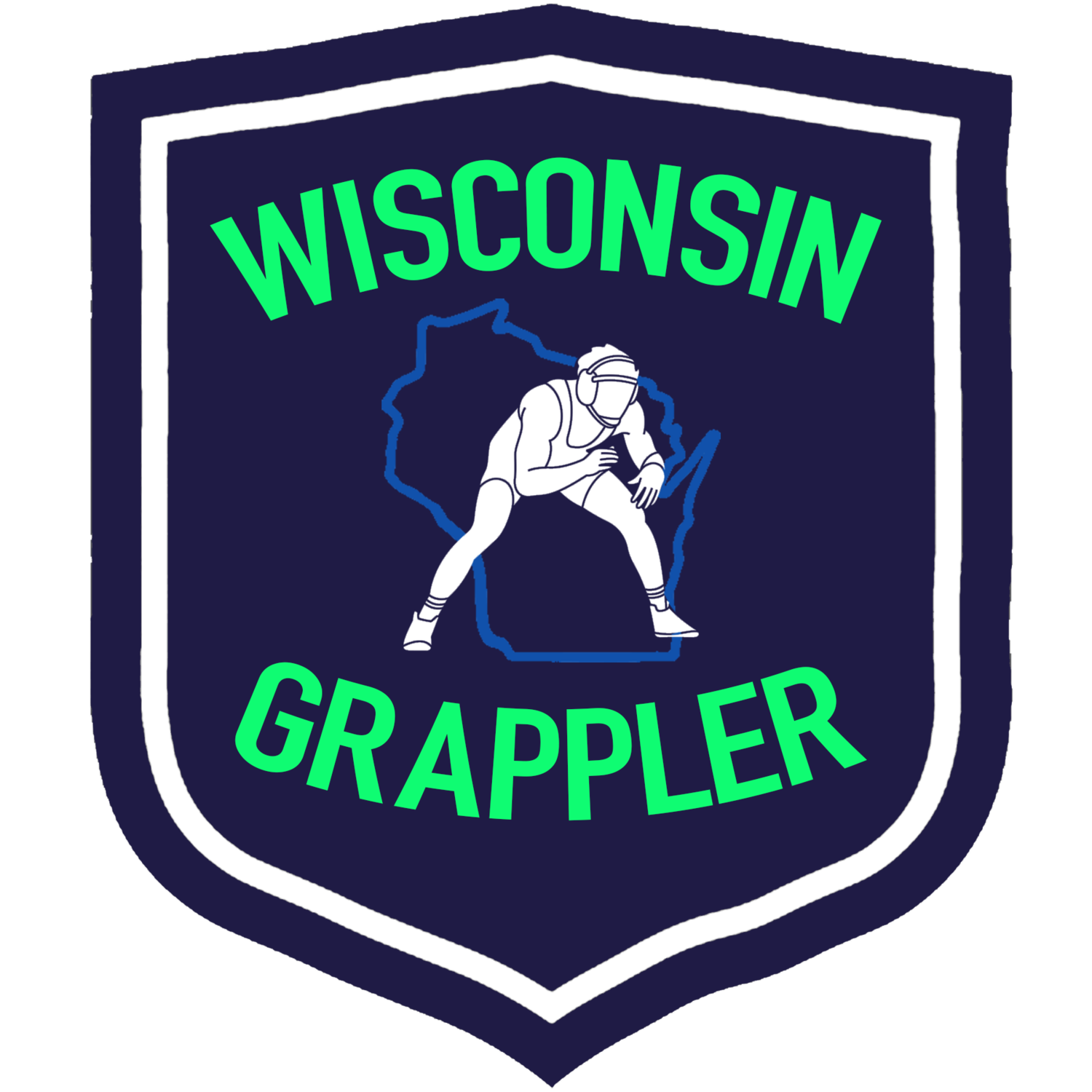Simply Telling Your Wrestler to Work Hard is Useless
As a wrestling coach, I know that simply telling an athlete to work hard is meaningless without context. Many wrestlers want to improve, want to reach their potential, and want to work hard, but they often don't know how or what they need to do differently.
In his book, The Mindful Athlete, author and mindfulness guru George Mumford, who helped Phil Jackson and Kobe Bryant, says that athletes need to find the place right between comfort and discomfort and live there. This is where growth occurs.
To meaningfully improve, wrestlers need to live in that sweet spot, putting some stress on the rubber band but not breaking it.
Pushing through discomfort is a large part of how wrestlers reach their potential. But that alone isn’t enough. A wrestler can be committed and show up to all the practices and training, but they won't reach their potential unless they do the following:
Be purposeful about trying new training styles, training partners, positions, moves, and mindset practices that challenge them in different ways, both mentally and physically.
Deliberate practice - practice smarter, not longer.
Consistently push themselves to work a little faster, longer, more intensely, or with more resistance.
This can look like many different things for a wrestler, but here are a few practical examples:
Start a feedback loop in practice or training where they set deliberate goals aligned to whatever area they are working on. Then check in often and adjust based on the feedback they receive from a coach, friend, or training partner who is helping track them.
Spend some deliberate time on the correct mechanics of technique, constantly fixing mistakes, and working with them to develop focus and concentration in the process.
Spend ten to fifteen minutes outside of practice working on areas they are struggling or deficient.
Listen to podcasts or read about mindfulness and doing athlete-focused meditations.
Try new skills, moves, or positions during practice. Then ask questions when you don’t fully understand the details.
Watch tape of their matches, their opponents, and collegiate and professional wrestlers and analyze what’s successful and what isn’t.
Extra fitness training on their own for 15-20 minutes a day. Sometimes matches are won or lost based simply upon how much gas is left in the tank.
Ask the coach to stay after for a few minutes or come a little early to work on something specific.
Train when possible with a more advanced team.
By consistently implementing these strategies, wrestlers can expand their skills and improve their performance on the mat. It's important to remember that growth and improvement are not achieved overnight, but rather through consistent effort and commitment to the process.
Simply "working hard" during practice shouldn’t be the only focus. This vague concept of just picking up the pace or intensity level of the workout may not lead to significant improvements. While there's nothing wrong with working hard in practice, it should not be the only goal. Strive to train smart while working hard.
